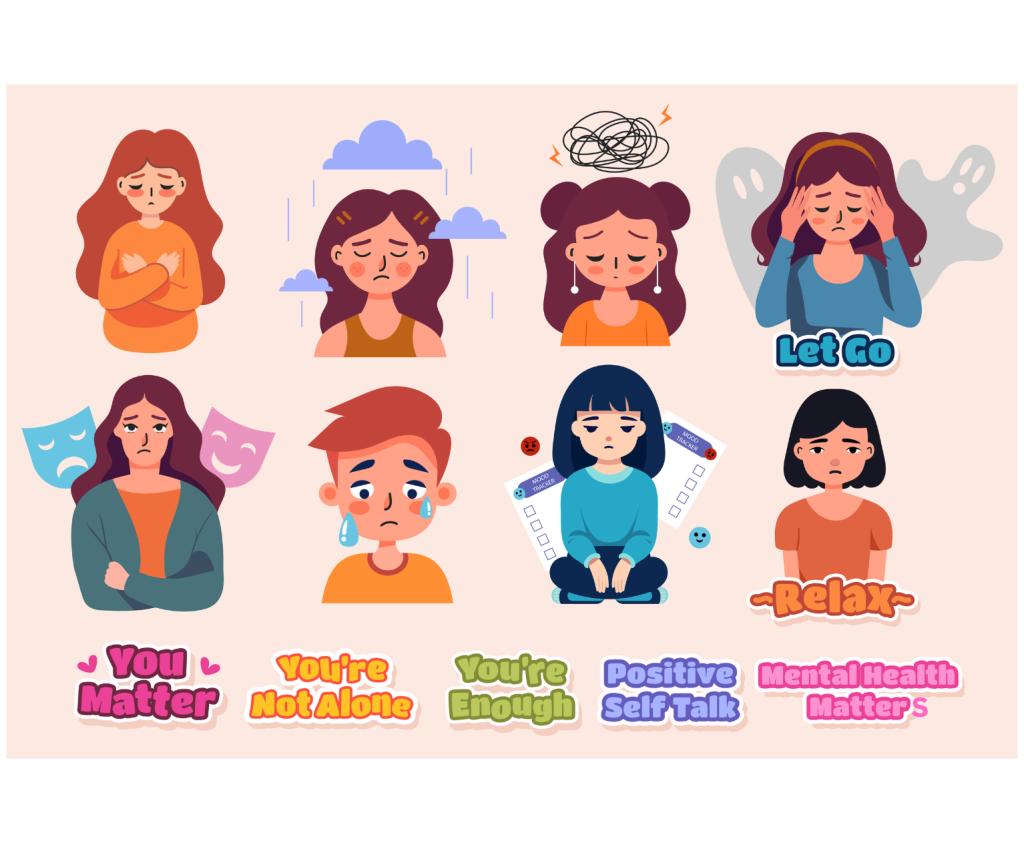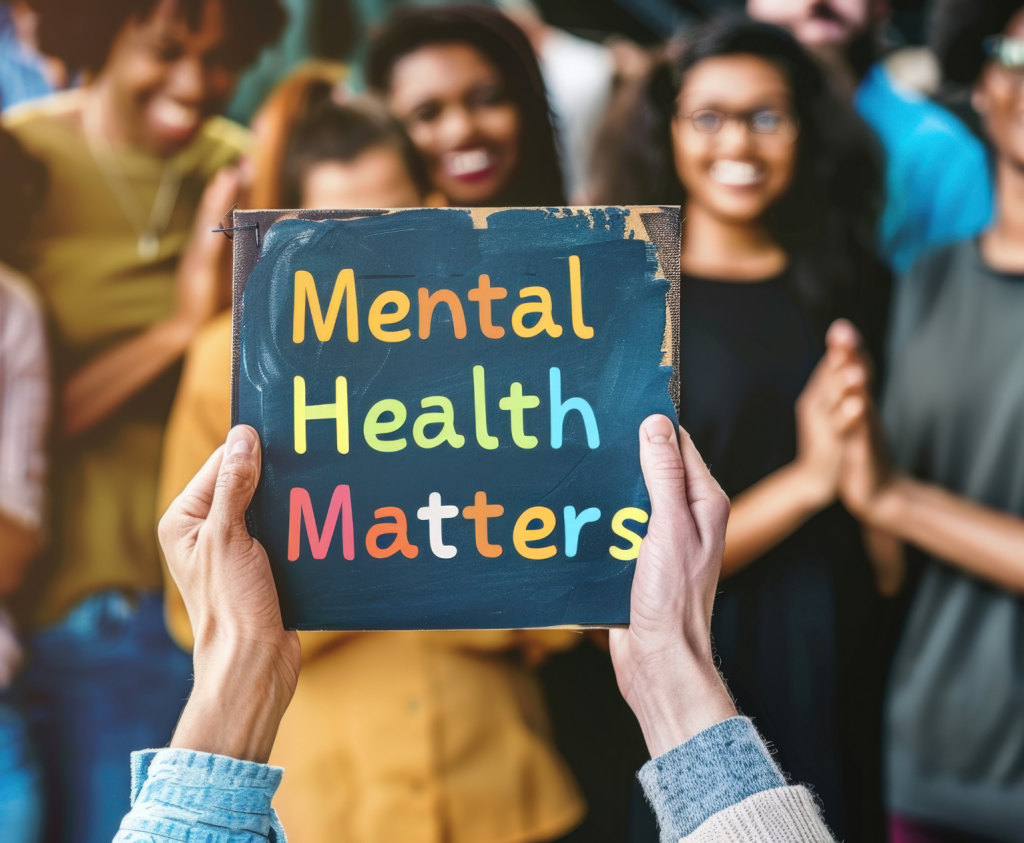As the year winds down and winter settles in, many people feel a natural pull toward reflection. The end of the year offers a meaningful opportunity to pause, take stock of what we’ve experienced, and create space for intentional beginnings. Gentle goal setting—rooted in self-awareness rather than pressure—can help support emotional well-being, resilience, and a sense of grounded direction as we move into 2026. Below are a few approachable practices to help guide year-end reflection in a mindful and compassionate way.
What to Release From 2025
Reflection often begins not with what we want, but with what we’re ready to release. Letting go can include habits, mindsets, patterns, or emotional burdens that no longer serve our well-being. This could mean releasing unrealistic expectations, overcommitment, or the belief that productivity defines worth. It may also involve acknowledging mistakes, forgiving ourselves, or letting go of unfinished goals that no longer align with who we are.
Releasing is not about perfection or erasing the past—it is about creating space. This gentle step helps us enter the new year with more clarity and less weight, allowing new intentions to take root.
What Restored You This Year
While much attention goes to challenges, it is equally important to recognize moments of resilience and restoration. Consider the experiences, people, or practices that helped you feel grounded in 2025. Perhaps it was a morning walk, a supportive conversation, a creative hobby, or time spent with loved ones. Reflecting on what restored you highlights the life-giving parts of your year—those moments that replenished energy, sparked joy, or offered comfort during stressful times.
These restorative elements can serve as guideposts for how to nurture yourself in the year ahead. They remind us that well-being is often built from small, intentional moments of care.
Five-Minute End-of-Year Check-Ins
Reflection doesn’t require long journaling sessions or elaborate planning. Even five minutes of intentional check-in can provide clarity. A simple structure might include:
- What am I proud of from this year?
- What challenged me, and what did I learn from it?
- What mattered most to me in 2025?
- What do I want more—or less—of in the coming year?
These quick reflections can be done weekly, at the end of each workday, or whenever you feel the need to recenter. Gentle check-ins help cultivate self-awareness without overwhelming time commitments.
Choosing a Word or Theme for 2026
Rather than creating rigid resolutions, many people find meaning in selecting a word or theme to guide the new year. A theme acts as a compass—broad enough to be flexible, but specific enough to provide direction. Examples might include “Growth,” “Balance,” “Clarity,” “Courage,” or “Restoration.”
Your word can inform decisions, help set boundaries, and inspire new habits. It becomes a grounding reminder of the intention you want to carry forward.
A Thoughtful Start to a New Year
Year-end reflection offers a moment to honor where you’ve been and envision where you’re going. When approached gently, without pressure or self-judgment, it can support emotional well-being and create a meaningful foundation for personal and professional growth in 2026.
To help start the new year with intention, all staff are invited to join our January 5th Mindful Monday session at 8:00 a.m.: “Intentional Start – Guided Journaling to Welcome 2026”
Held in Hicks Banquet Room East and West, this session will provide a calm, supportive space to reflect, set gentle intentions, and begin the year with clarity and purpose. No prior journaling experience is needed—just bring yourself and a willingness to pause and reflect.
References
- American Psychological Association. (2023). Managing stress and building resilience. https://www.apa.org/topics/stress
- Greater Good Science Center. (2023). The science of reflection and intentional living. University of California, Berkeley. https://greatergood.berkeley.edu
- Harvard Health Publishing. (2024). Mindfulness, self-reflection, and emotional well-being. Harvard Medical School. https://www.health.harvard.edu














